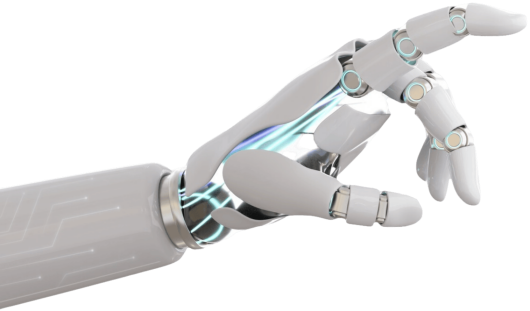
In the context of comprehensive business systems engineering, manufacturers must establish and maintain robust relationships with suppliers and customers in order to remain competitive. This paper introduces a Neutrosophic BWM-TOPSIS framework for supplier evaluation, addressing the uncertainty inherent to multi-attribute decision-making (MADM) during digital transformation (DX). By integrating Neutrosophic sets, which extend fuzzy logic, this framework effectively deals with ambiguous, inconsistent, and incomplete data. Additionally, it incorporates the Best-Worst Method (BWM) with the purpose of determining the weights for decision-makers and deploys the Technique for Order of Preference by Similarity to Ideal Solution (TOPSIS) to rank supplier alternatives. A case study carried out for the metro rail coach manufacturing industry validates the framework’s practical application, showcasing its ability to enhance decision-making accuracy. Moreover, this study compares the performance of the proposed framework to that of existing approaches in terms of informativeness and reliability. This research significantly contributes to the field of informatics by providing a scalable and systematic decision-making methodology, which can also be adapted to other MADM contexts in DX.
Neutrosophic sets, Supplier evaluation, Digital transformation, Multi-participant decision-making, Information Technology deployment, BWM, TOPSIS.
Shu-Chuan CHEN, Ming-Cheng LAI, Chia-Hsien CHU, Hsien-Ming CHEN, Amirhossein NAFEI, "Enhanced Supplier Evaluation in Digital Transformation: A BWM-Neutrosophic TOPSIS Approach for Decision-Making Under Uncertainty", Studies in Informatics and Control, ISSN 1220-1766, vol. 33(4), pp. 95-104, 2024. https://doi.org/10.24846/v33i4y202409